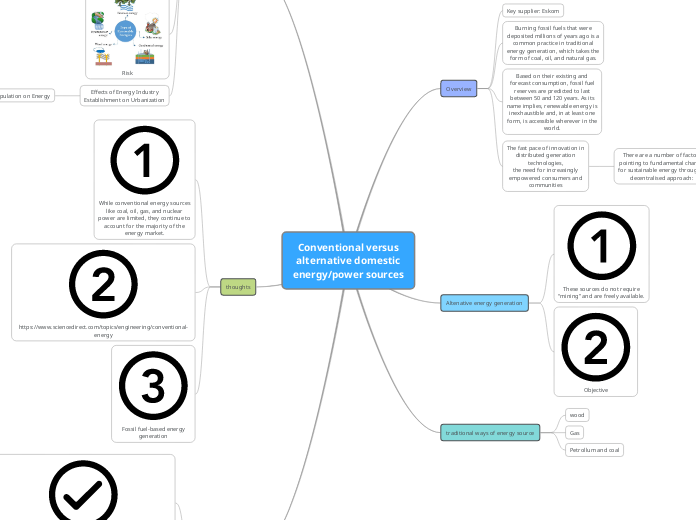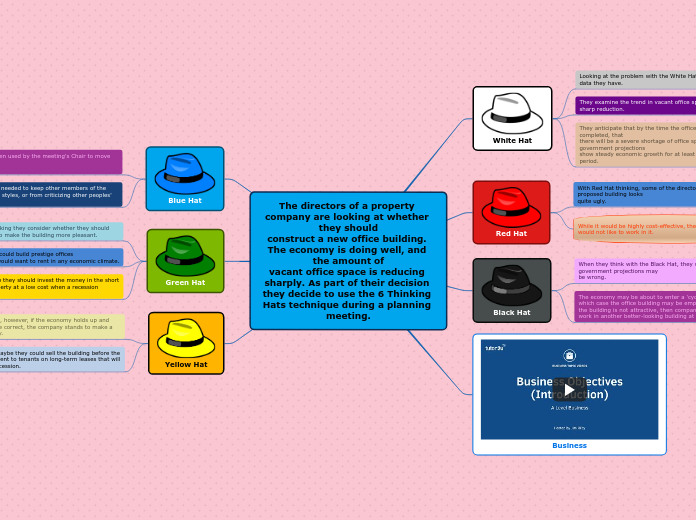par Boitumelo Dlamini Il y a 2 années
145
power sources

par Boitumelo Dlamini Il y a 2 années
145

Plus de détails


par Remek Debski


par Serik Ayazhan


par Julian Waters


par Scarlett Thomas